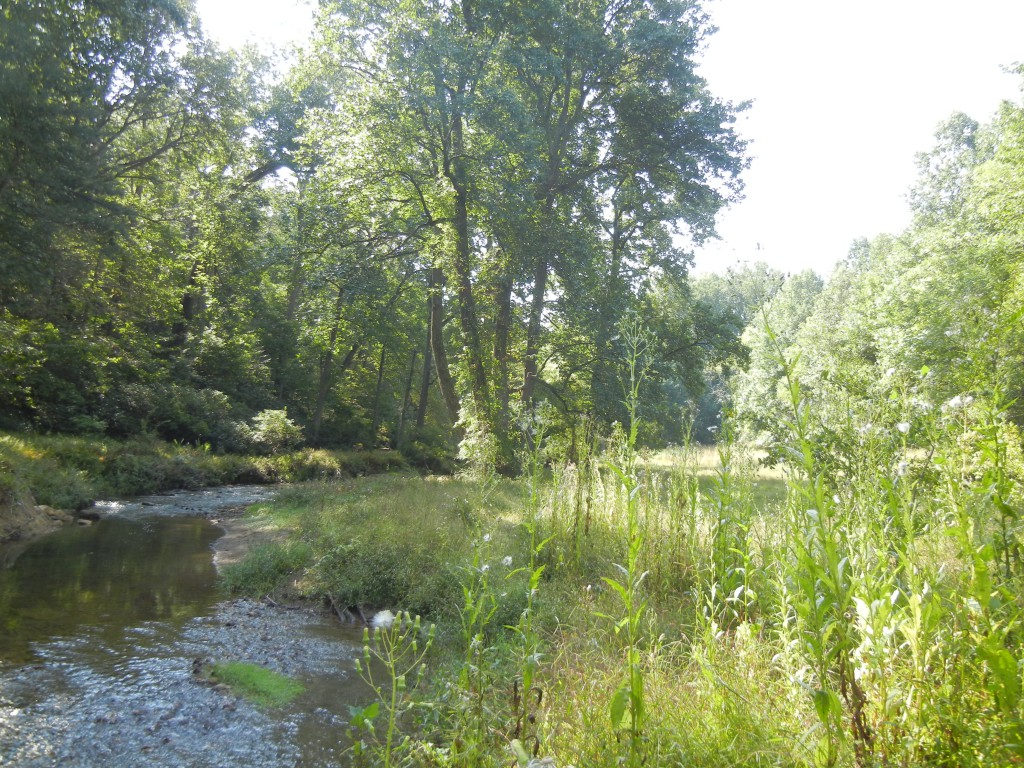Partnership Permanently Protects 320 acres in Baltimore County
Three new conservation easements totaling 320 acres will permanently protect important Baltimore County forest and farmland from development. Cunningham Farms, LLC, and Ivy Hill Properties, LLC, donated the properties to be conserved through a partnership by the Maryland Environmental Trust, The Manor Conservancy and The Land Preservation Trust.
“We are very pleased to work with the landowner and our land trust partners to help keep the farmland of these properties a productive part of the local economy, and to protect these scenic views and important forest habitat,” said John Turgeon, acting director for Maryland Environmental Trust (MET).
Cunningham Farms provided the Maryland Environmental Trust and The Manor Conservancy with a 166-acre conservation easement of productive agricultural land and forest habitat. Located along Stockton and Cooper roads near Phoenix, the property also protects a magnificent view of rolling agricultural fields, forested stream valley and the forested border. The property is part of a larger conservation area that includes several thousand acres of protected lands in the immediate vicinity.
Ivy Hill Properties donated two conservation easements to the Maryland Environmental Trust and The Land Preservation Trust totaling 153 acres along Ivy Hill Road and the Beaverdam Run stream near Oregon Ridge Park. The contiguous easements protect the pastoral scenic view from Ivy Hill Road, productive agricultural land and forest habitat, and a section of the Beaverdam Run, which meanders through the property’s forest.
Governed by a citizen board of trustees, MET is affiliated with the Maryland Department of Natural Resources and currently holds more than 1,070 easements totaling around 133,000 acres in Maryland. For more information, visit dnr.maryland.gov/met.
With Land Conservation serving as one of the 29 strategies of the new Chesapeake Bay Watershed Agreement, easements such as these help Maryland reach its goal of maintaining water quality and habitat; sustaining working forests, farms and maritime communities; and protecting lands of cultural, indigenous and community value. The Agreement, signed in 2014 by governors and representatives from the entire watershed, commits the Bay’s headwater states to full partnership in Bay restoration.


 1-888-373-7888
1-888-373-7888 233733
233733